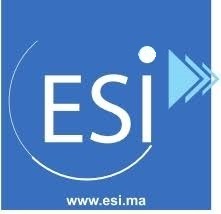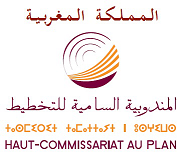Main menu
HELP
|
Presentation Open Access has invaded the daily life of research and scientific production actors, inducing an upheaval in their communication process. Open Access refers to the free provision of digital scientific content without financial, legal or technical barriers. It has spread from the academic sphere to the economic sphere bringing to science, society and the modern economy new concepts such as Open Science, Knowledge Society, and Knowledge Economy. Open Access shifts scientific spheres into a digital culture that exacerbates the opposition between private property and creative commons. It redefines access to knowledge dynamics by bringing up its great potential and challenges which can ultimately lead to “unrestricted” access to scientific publications and research data if their sustainability and free of charge principle are guaranteed. The Open Access movement, which has risen from concerns related to the explosion of digital information, the exorbitant costs of scientific publications and the barriers that hinder their access, addresses the access, exploitation and distribution of books, theses, research reports and peer-reviewed articles. In dealing with research articles, Open Access is implemented through two different models: the “green” open access and the “gold” open access options. Nevertheless, the status of Open Access, the resources available to it, the awareness of its importance and the way it is implemented vary according to the country, the scientific field and the sector (private or public). Many studies show that open access is underutilized and that many of its actors still find it difficult to accommodate themselves to the concept. In some countries, consensus on the very need for free access to science or scientific production is not a given. Many questions still remain unanswered about the digitization of publications, the quality of peer evaluations, or the legitimacy of publication costs (APC). Other questions are concerned with the type and quality of the documents to be submitted to find a place in the open archives. ICOA'18 aims to promote Open Access by highlighting its epistemological foundations, its progress and the reluctance encountered. The questions to be dealt with are: what are the processes, approaches and issues of Open Access? Which models to adopt for its implementation? How to promote it among its actors? Issues are proposed to be addressed through the exploration technological, economic, legal and educational challenges of Open Access. Contextualizing the reasoning on Open Access will make it possible to identify the local specificities and point to the reluctances which block its evolution. It will also help manage change and inspire new avenues for thinking about Open Science and even the Open Society. Organizers With the collaboration of...
|






